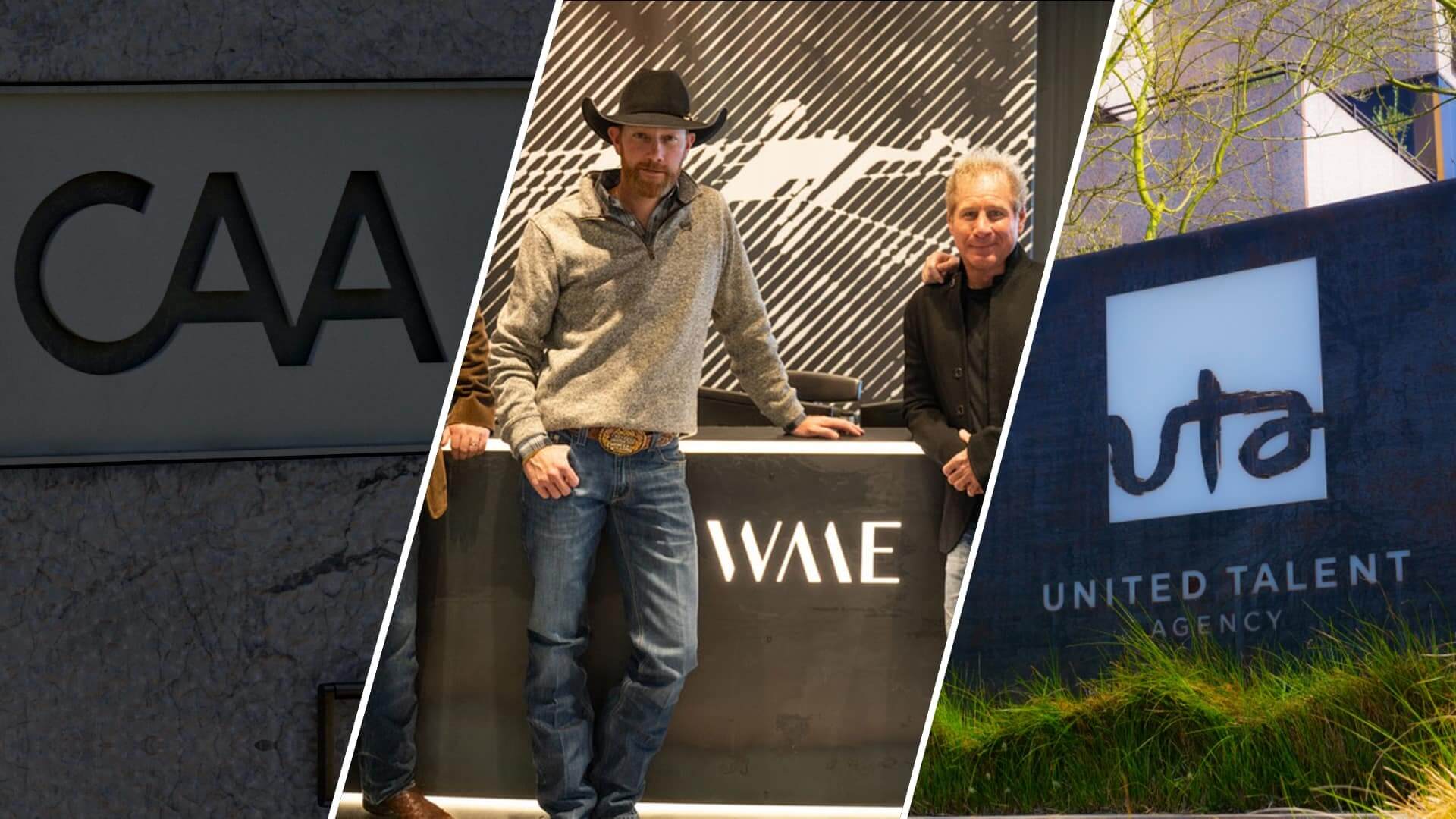The Basic Principles Of The Casting Connection
The Basic Principles Of The Casting Connection
Blog Article
An Unbiased View of The Casting Connection
Table of ContentsThe Ultimate Guide To The Casting ConnectionThe Casting Connection Things To Know Before You Get ThisThe Ultimate Guide To The Casting ConnectionFacts About The Casting Connection UncoveredUnknown Facts About The Casting Connection
A talent scout acts as a representative for musicians, performers, professional athletes, and various other individuals in the show business. Their key obligation is to advertise and represent their clients' interests, helping them protected possibilities such as acting functions, modeling gigs, recommendations, music agreements, or sports deals. Talent scout function very closely with their customers to recognize their career goals and goals, and afterwards utilize their market links and experience to negotiate agreements, safe and secure auditions, and discover numerous opportunities for direct exposure and success.Talent scout generally operate in fast-paced and dynamic environments that revolve around the entertainment sector. Their offices can differ based upon the dimension and kind of firm they are utilized in. Here are some typical facets of the workplace of a talent agent: Skill Agencies: A lot of ability representatives work in ability companies, which can vary from small shop firms to big, well-established companies.

7 Simple Techniques For The Casting Connection
These meetings can happen in the firm's office, at customer events, or at outside areas practical for the customer. Auditions and Spreading Phone calls: Agents might accompany their clients to tryouts and casting calls, supplying support and assistance throughout the process. This can entail taking a trip to various locations, such as manufacturing studios, casting workplaces, or film collections.
These arrangements frequently take place via phone or email, with representatives working diligently to secure beneficial terms for their clients. Research and Market Updates: Agents remain notified regarding market patterns, casting calls, and market demands. They carry out research study on possible clients, tasks, and sector developments to provide useful insights to their clients.
They use e-mail, phone telephone calls, video clip conferencing, and specialized software application to remain in touch with clients and market get in touches with. https://fliphtml5.com/homepage/vqffb/castingconnection/. High Pressure and Lengthy Hours: The show business operates tight schedules and deadlines - Talent pop over to this web-site Agency Database Services in the United States. Talent scout often function long hours, consisting of evenings and weekends, to guarantee they are offered to reply to opportunities and client requires promptly
They have to be strategic and convincing to safeguard the most effective bargains for their clients, whether it's for a role in a film, a modeling contract, or a songs bargain.
The Greatest Guide To The Casting Connection
Once you recognize the distinction, it becomes really clear. Many people new to the acting business, and even more of those outside of it do not recognize the difference. So, in a few words: Essentially, an ability agent is employed by the star to stand for the star. The star's representative looks out for ability's rate of interests, working on their part (the really interpretation of "agent").
They are employed by the producer or the end-client, and their allegiance is to that side of the manufacturing chain. In the company of product marketing and advertising and marketing interactions, there are all kinds of agents.

And yet, although the skill agent is paid by ability (normally using compensation), they must likewise satisfy the producer to do their job effectively. Casting Representative: Hardly ever in significant markets, but occasionally in smaller markets, some talent representatives play both roles, at the very least functionally. They represent the ability (typically being paid by commission), however they might additionally conduct tryouts themselves.
The Casting Connection for Beginners

Marketing Company: This agency stands for the "advertiser," which is the business that produces or markets the service or product being offered. https://slides.com/castingconnection. With the blooming of media kinds over recent years, an advertisement firm could produce any kind of kind of marketing communication or audio item, ranging from a radio commercial to a viral web video
These, and representatives by various other names are comparable to the marketing agency, in that they serve the online marketer, in different ways. Their service may be broader (e.g., an advertising agency could do anything that is marketing-related), or could be much more details (e. Casting notices and deadlines in the US.g., a media company advises and/or acquires media time and space)
The 7-Minute Rule for The Casting Connection
Talent Scout. It refers to looking for out intriguing (and ideally qualified) ability, instead than going out via the conventional casting chain and having chosen choices come back.
From a client/producer's perspective, hunting for skill is a reputable approach, but probably not their only technique. It's naturally ineffective and uncertain; the talent might have some distinctive quality, yet be untrained, undirectable and/or unstable, and obviously, the beginning of a tight manufacturing routine is not the moment to start hunting for rubies in the rough.
Report this page